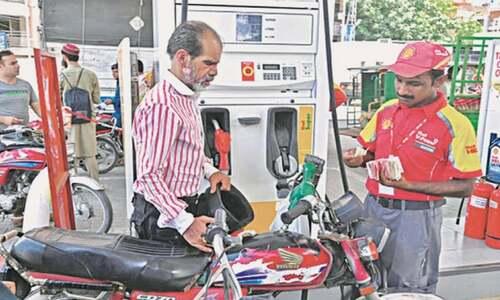LIKE much of the world, Pakistan is suffering from the weight of the coronavirus pandemic, and no one seems to know just how long the global health crisis will persist. Understandably, there is fear and anxiety over the rapid spread of the virus, its strain on an already burdened healthcare system, and its overreaching effects on the economy, education, and even simple human interaction — the latter is perhaps most deeply felt under the lockdowns. Meanwhile, law enforcement has to grapple with enforcing lockdown measures, while simultaneously keeping themselves protected from catching the illness. It is only natural that the present circumstances will deeply impact the mental and emotional well-being of both citizens and the state apparatus. However, this should not excuse words or displays of cruelty, particularly towards those who may be suffering from illness, nor should health concerns be used to perpetuate xenophobia, racism, or the targeting of any one community or sect. Equally important, the privacy of patients must be maintained, something that was lacking in the initial days.
Recently, the health ministry mentioned that some coronavirus patients had complained about ill treatment at the hands of district administrations and the police, saying they were being treated like criminals. The ministry was correct to warn against harsh behaviour or shaming tactics, since it can lead to fewer people reporting their illness, thus making it more difficult to contain the spread of the virus. Of course, this does not apply to all police officers or authority figures, and many officers enforce the law with remarkable patience, bravery and selfless service, evident in many videos being shared on social media. Last month, UN Secretary General António Guterres also addressed the issue of stigmatisation in a video message, calling for greater empathy and global solidarity in the face of the epidemic, and urging member nations to “be kind, and make sure no one faces stigma”. The virus does not discriminate, and patients deserve urgent care, not condemnation.
Published in Dawn, April 2nd, 2020









































